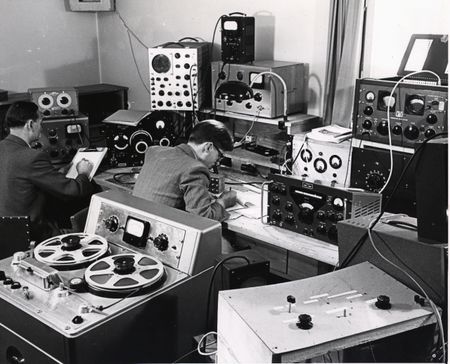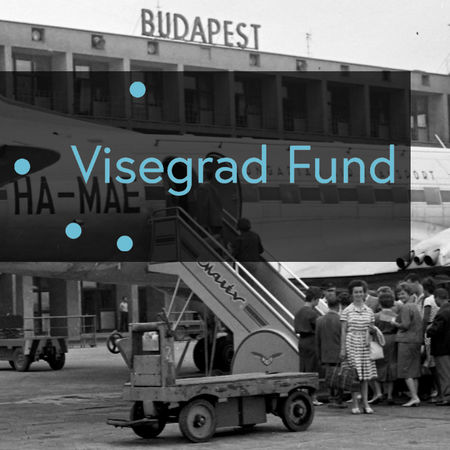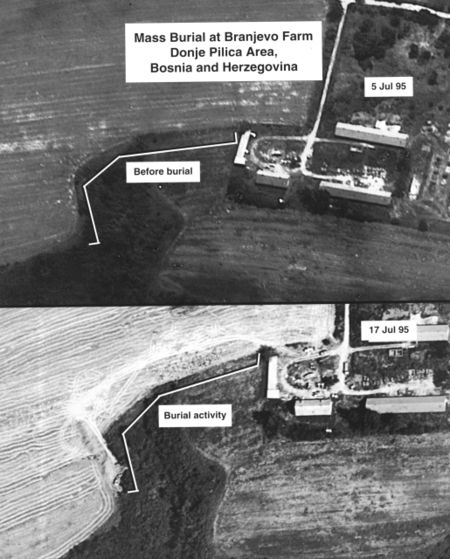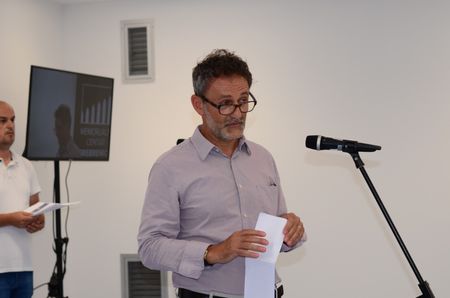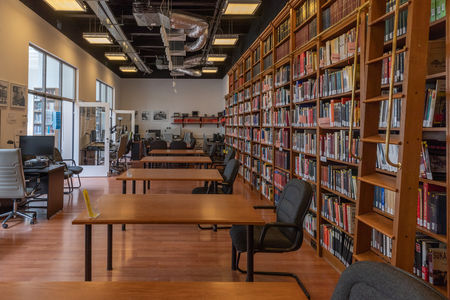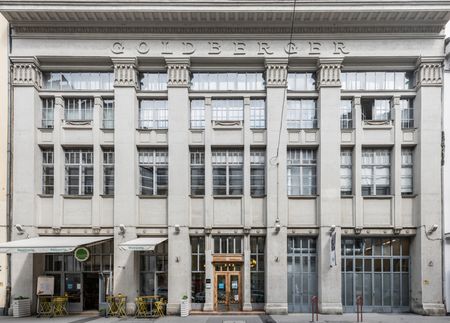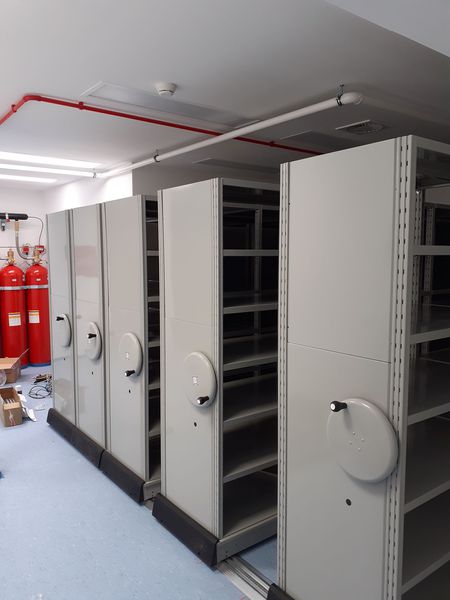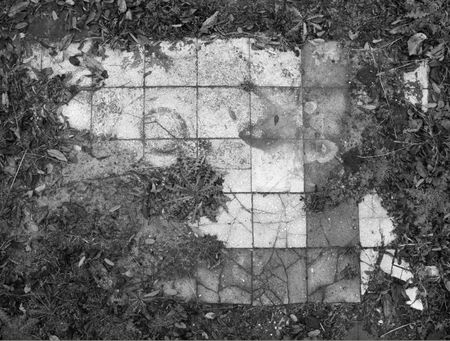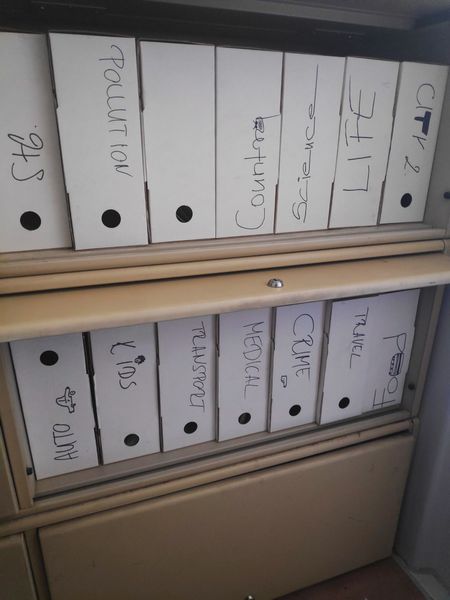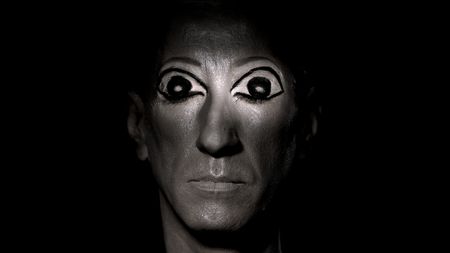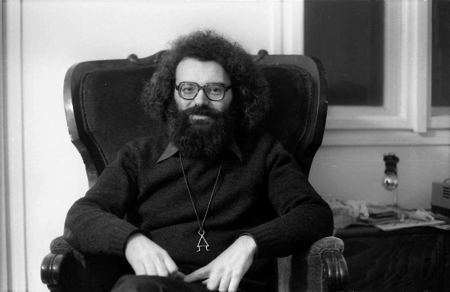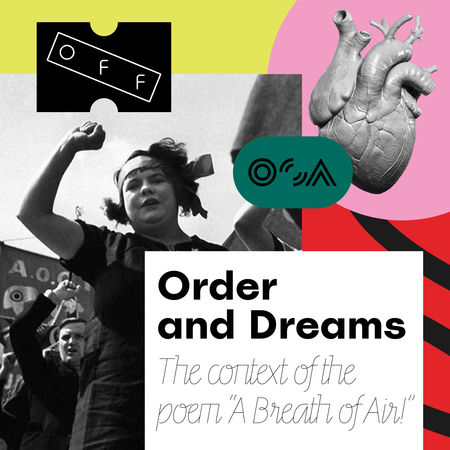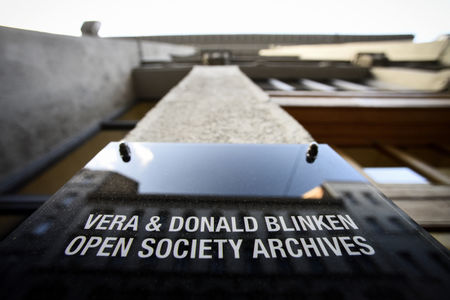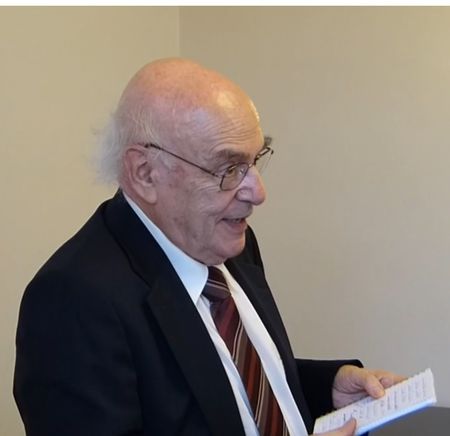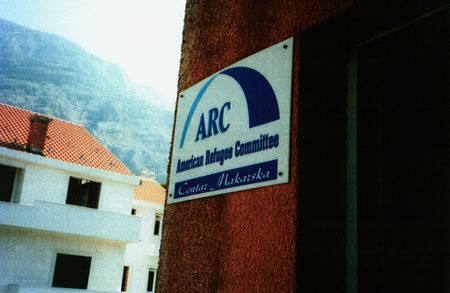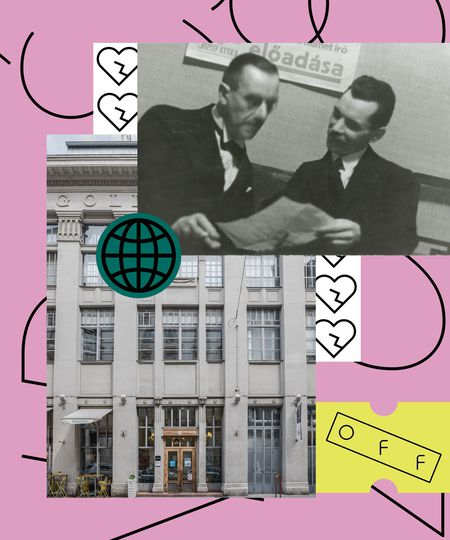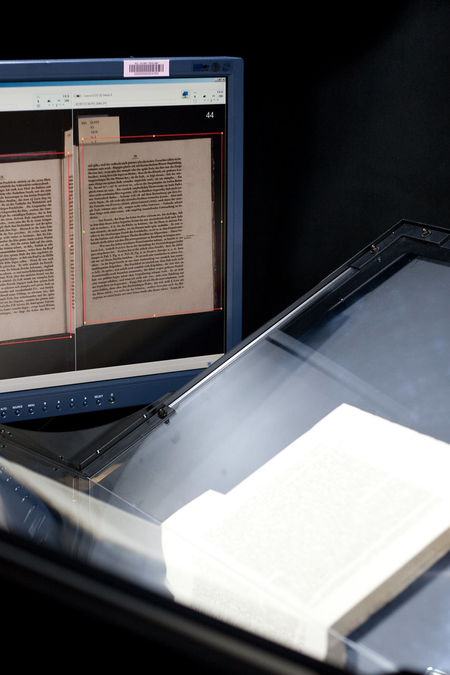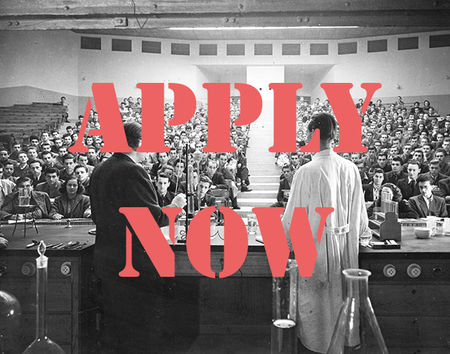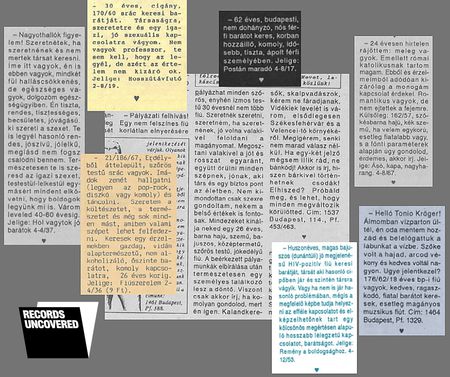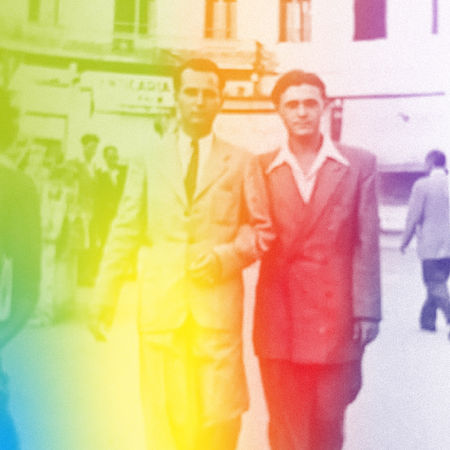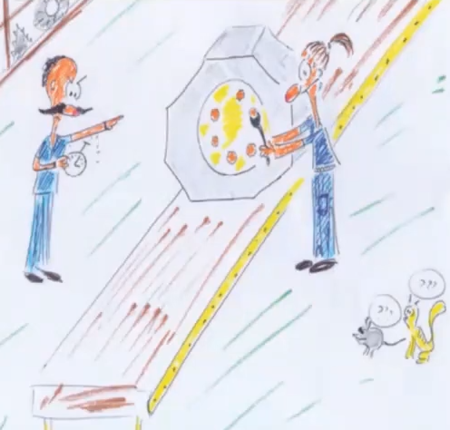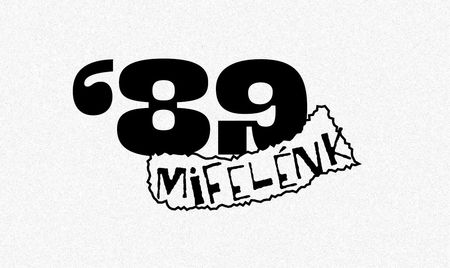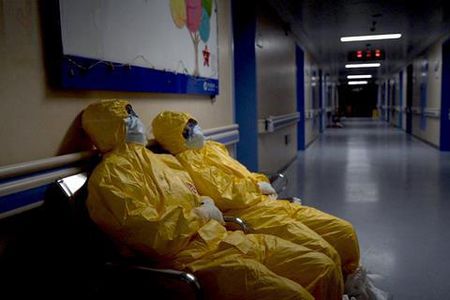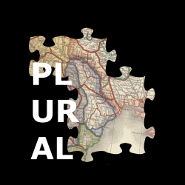Vera and Donald Blinken Open Society Archives
Press Room
Date: October 14-16, 2021
Place: Blinken Open Society Archives, Central European University (Budapest), Hungary
The workshop aims to contribute to the discussion on knowledge practices in times of reflexive disbelief by addressing the role of scholars with regards to different truth regimes. Michel Foucault once remarked that the analysis of “truth” should go beyond the evaluation of isolated statements: truth regimes are power systems which produce and sustain certain truths in a circular way, through political and economic institutions. William Davies of “The Guardian” traced back the current popular skepticism vis-à-vis professional expertise to a paradigm shift in truth regimes: the immediacy of self-revelatory data has been replacing, through a multitude of revelations, leaks and informational wars dating as far back as the Cold War, the interpretative work by experts and journalists. It is worth re-assessing, from this point of view, how historical knowledge about the past can be used to address and carefully interpret facts and events reported or produced by those very informational wars before 1989, when the East and West were systemically opposed. In an era when individuals and academic communities are increasingly divided over matters of common concern, we consider it the duty of both historians and archivists to engage in a more reflexive manner with the problematic nature of records of the past.
The context of the poem “A Breath of Air!”
The third edition of OFF-Biennale Budapest, INHALE!, takes the seminal political poem “A Breath of Air!” by 20th-century Hungarian poet Attila József as its starting point. The poem was written in November 1935. Apparently, it was a time of peace and plenty: Europe—and Hungary—had overcome the crisis of the Great Depression; the order was restored. But what kind of order was it that the poet “didn’t dream of”? The research and exhibition project presents the political and social context of the poem through archival materials, while contemporary artworks offer its possible 21st-century reading.
The exhibition was organized by the Vera and Donald Blinken Open Society Archives and the OFF-Biennale Budapest.
artists: Daniel BAKER, Vesna BUKOVEC, Krisztián KRISTÓF, Damir OČKO, Tamás PÁLL, Kata SZIVÓS–Dominika TRAPP–Noémi VARGA
curator: Katalin SZÉKELY
research: researchers of Blinken OSA
exhibition design: Virág BOGYÓ
venue: ONLINE
date: April 23 – May 30, 2021
partners: Vera and Donald Blinken Open Society Archives, Verzió International Human Rights Documentary Film Festival
https://offbiennale.hu/en/2021


